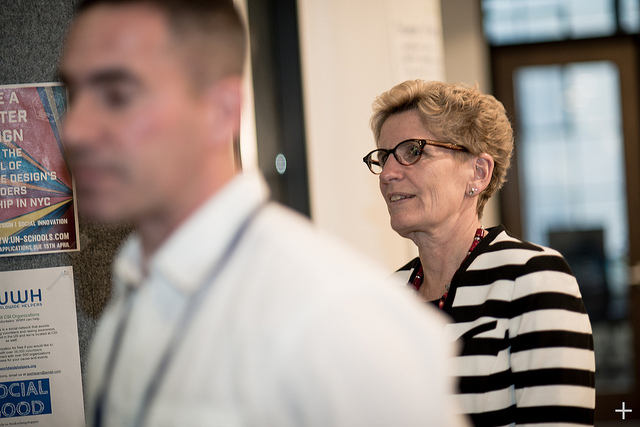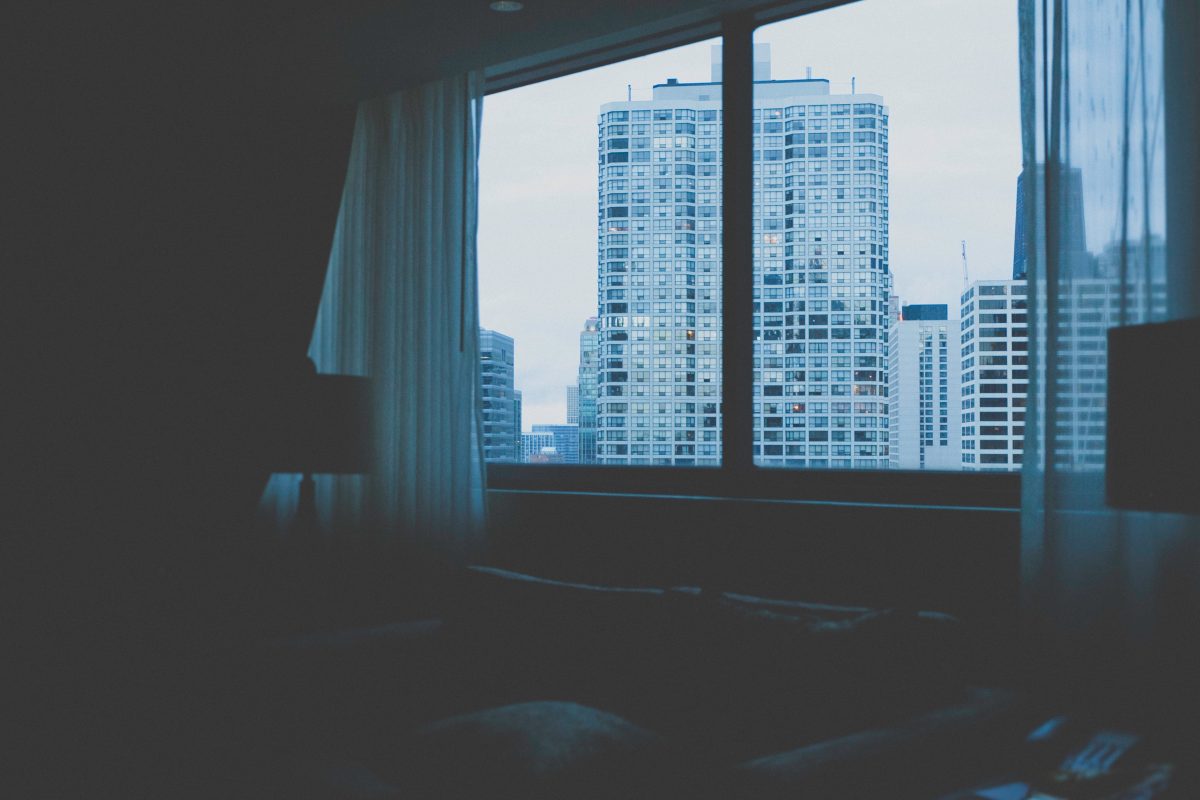The city is known for epic illegal student street parties – also known as FOCO – or “fake homecoming”.
London, Ontario is a party town, evidently. In a classic case of municipal policy clashing with provincial, this month, London city staff suggested to increase the maximum fines for nuisance parties to $25,000. This was in response to an insane illegal street party that flooded a street near Western University with 20,000 revellers in September. That event completely overwhelmed police, sent 57 people to hospital and prompted warnings from law enforcement that future street parties could easily cost a life.
As per the CBC, social media videos that showed students “brewfing” — literally drinking beer while climbing onto roofs and even jumping off them. Emergency services couldn’t access the street that this was occurring on.
Fines are going up, but more importantly, the municipality also proposed amendments to the public nuisance bylaw that would allow the city to pursue tenants — and landlords — to recover costs from cleanup and damage.
“Where an absentee landlord … takes no action to prevent, end, or clean up after a nuisance party, they may be subject to invoicing,”
This is almost as crazy as the parties themselves, at least according to Joseph Hoffer. He’s a lawyer representing more than 600 members that make up the London Property Management Association. His position is that landlords are prohibited from controlling the conduct of their tenants under the province’s Residential Tenancies Act. Some of the more interesting suggestions that city staff have made is for landlords to hire private security, something Hoffer is adamant is illegal.
“The effect of the bylaw is to compel landlords to do something illegal, and that’s repugnant. There seems to be an assumption built into the bylaw amendment that landlords can control the actions of their tenants, and that assumption is fundamentally flawed.”
In the aftermath of such events, landlords and property managers are often left grappling with the daunting task of mitigating the damages and restoring the integrity of their properties. In this case, landlords seeking customized solutions to address the specific requirements of each circumstance can rely on Cleaning Services near Ballantyne, Charlotte, NC. From removing debris and hazardous materials to sanitizing and restoring damaged surfaces, these professionals possess the expertise and resources to expedite the cleanup process efficiently. By enlisting the assistance of trusted cleaning services, landlords can navigate the aftermath of disruptive incidents with confidence, knowing that their properties will be restored to their former state promptly and professionally.
The committee voted to ask staff to review the bylaw — taking into consideration the legal concerns raised by Hoffer — and report back on May 28. What do you think?


